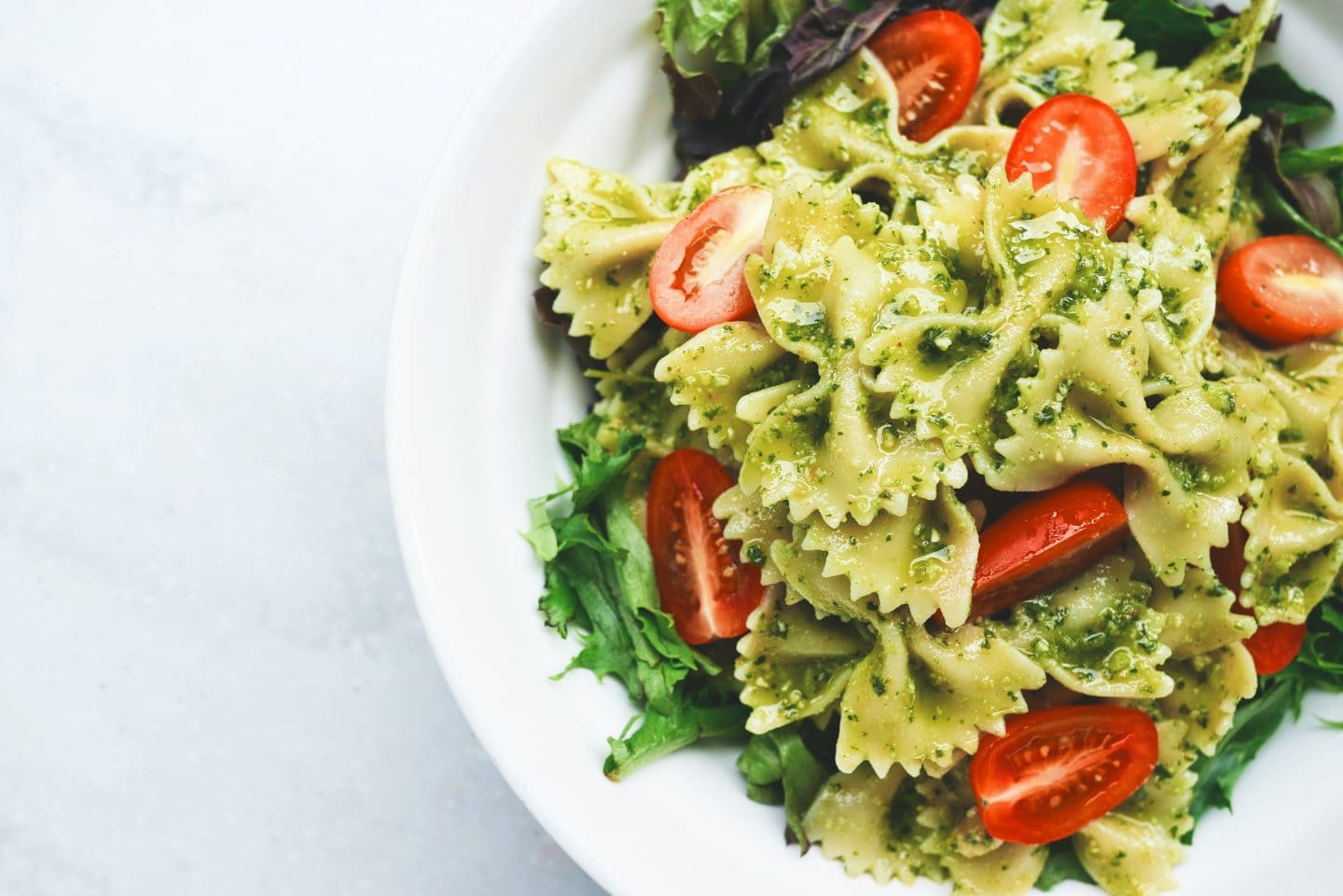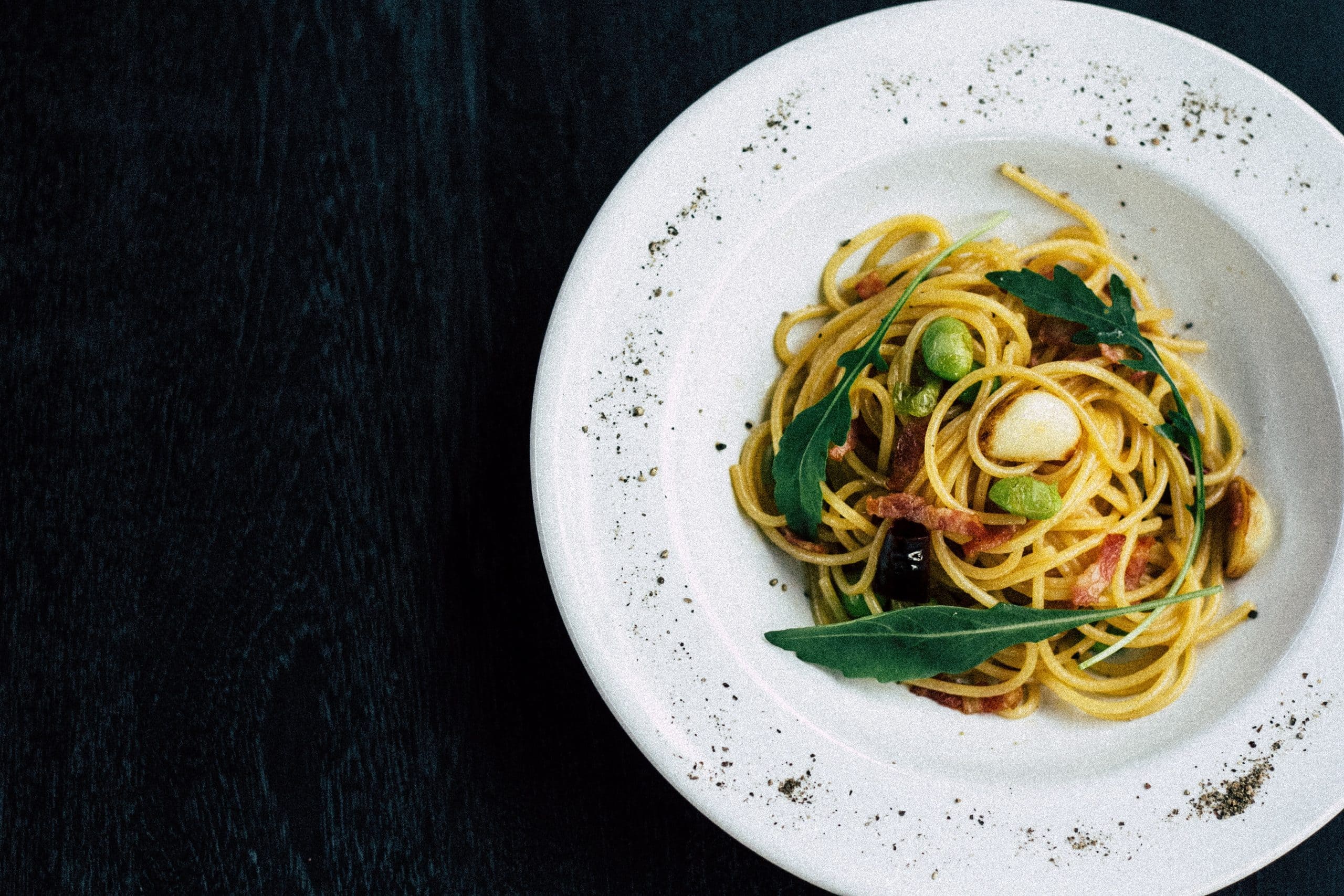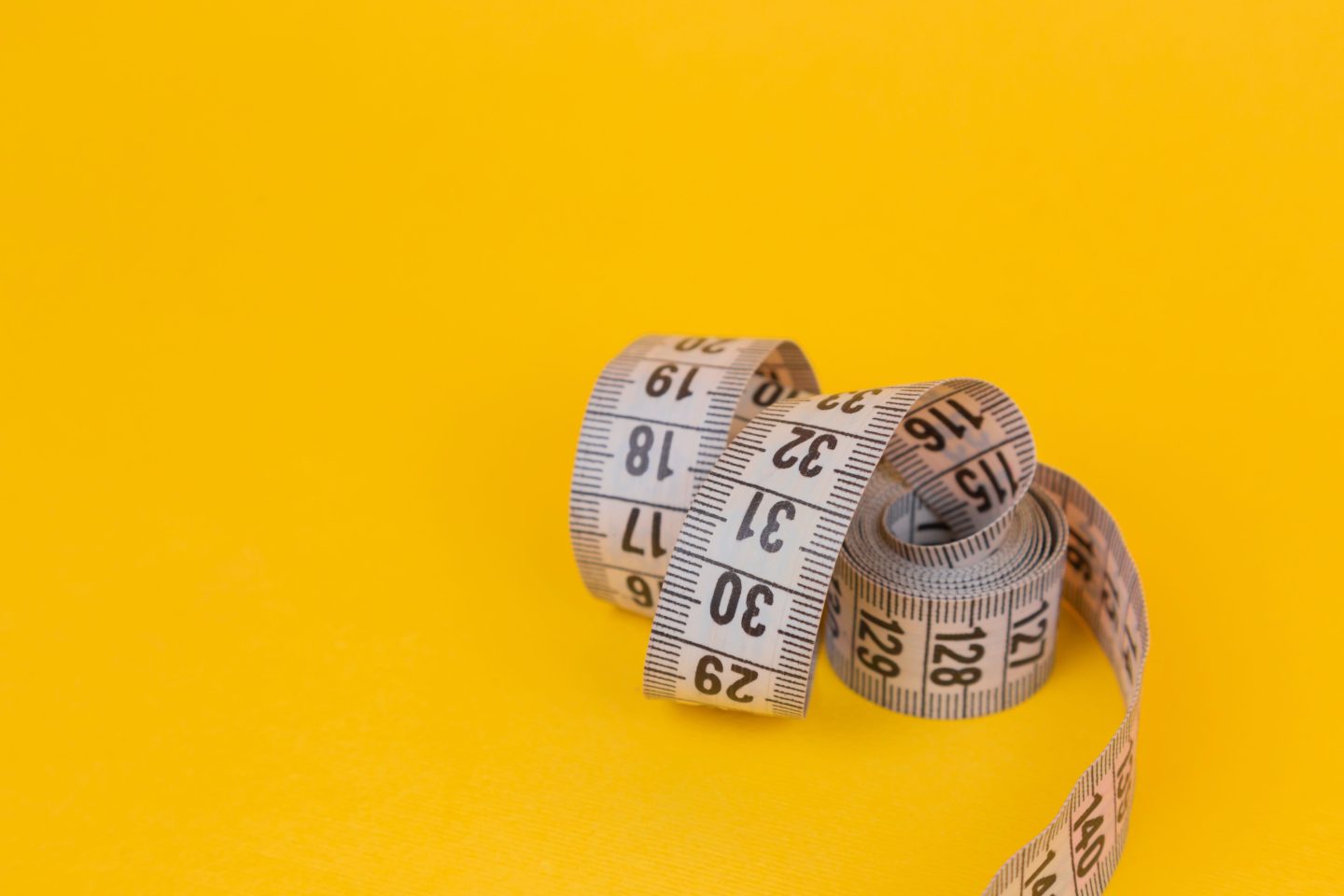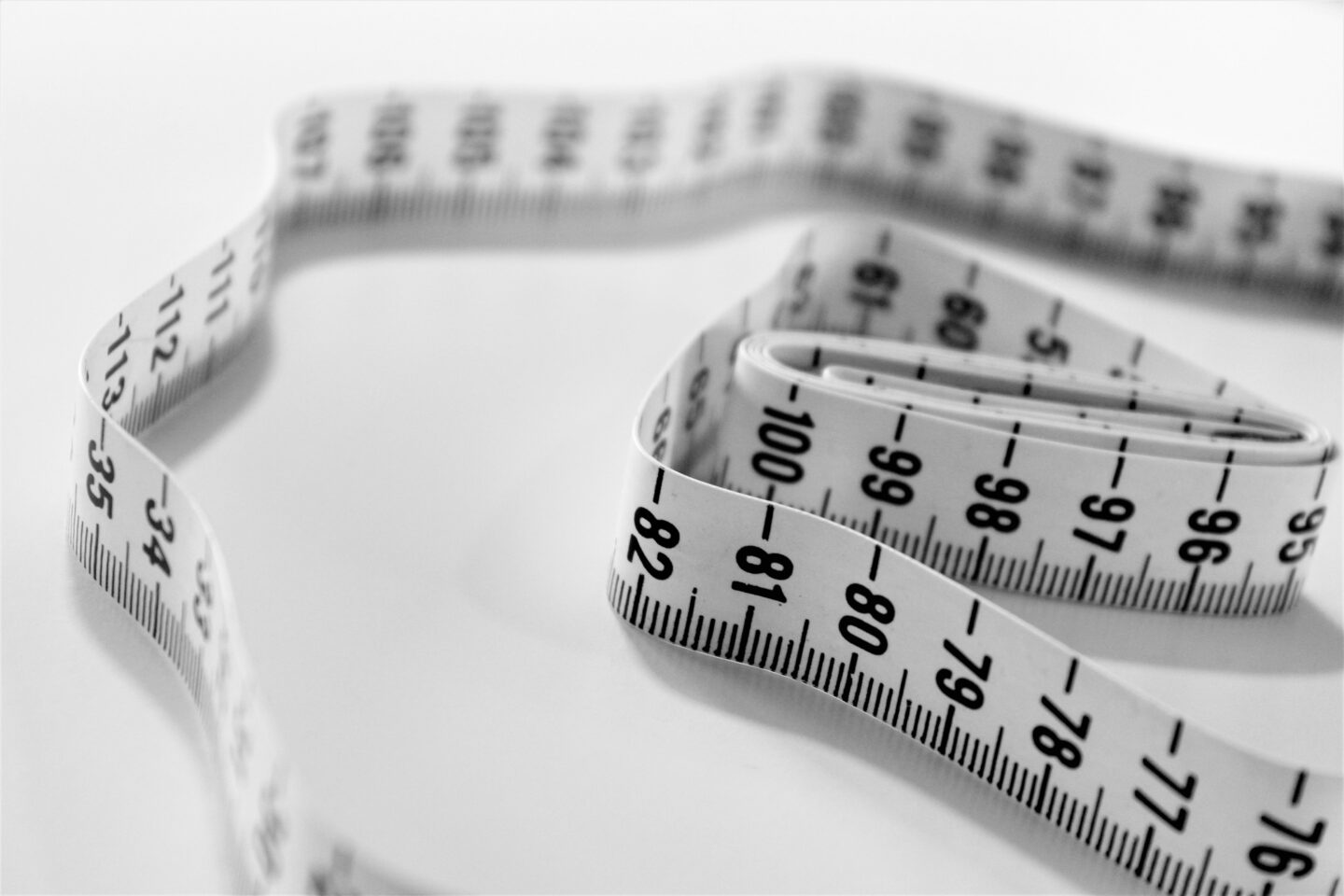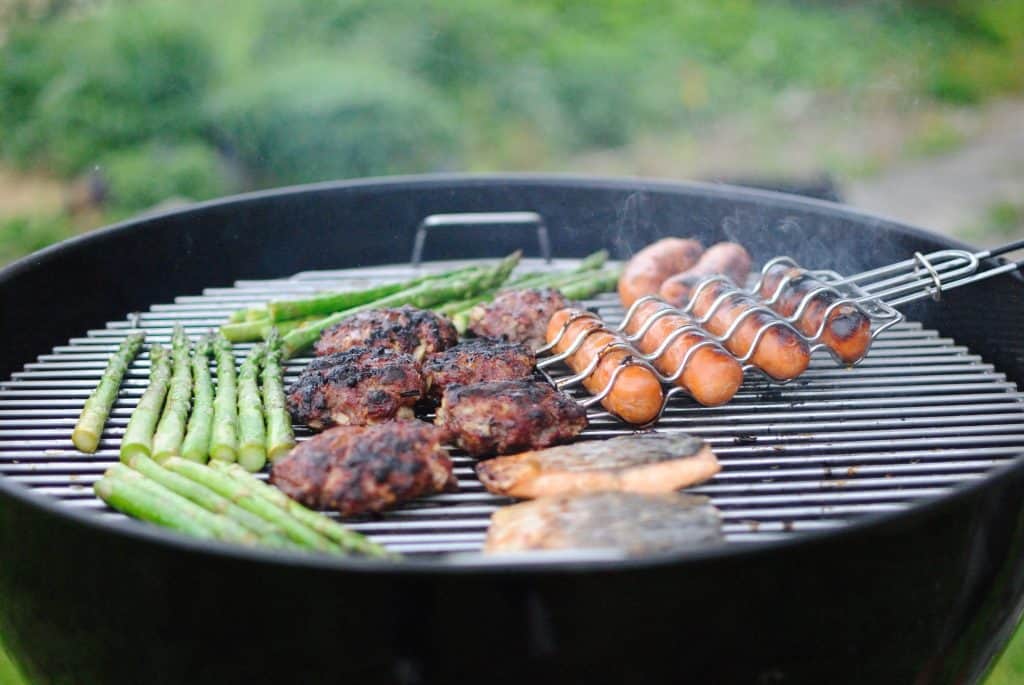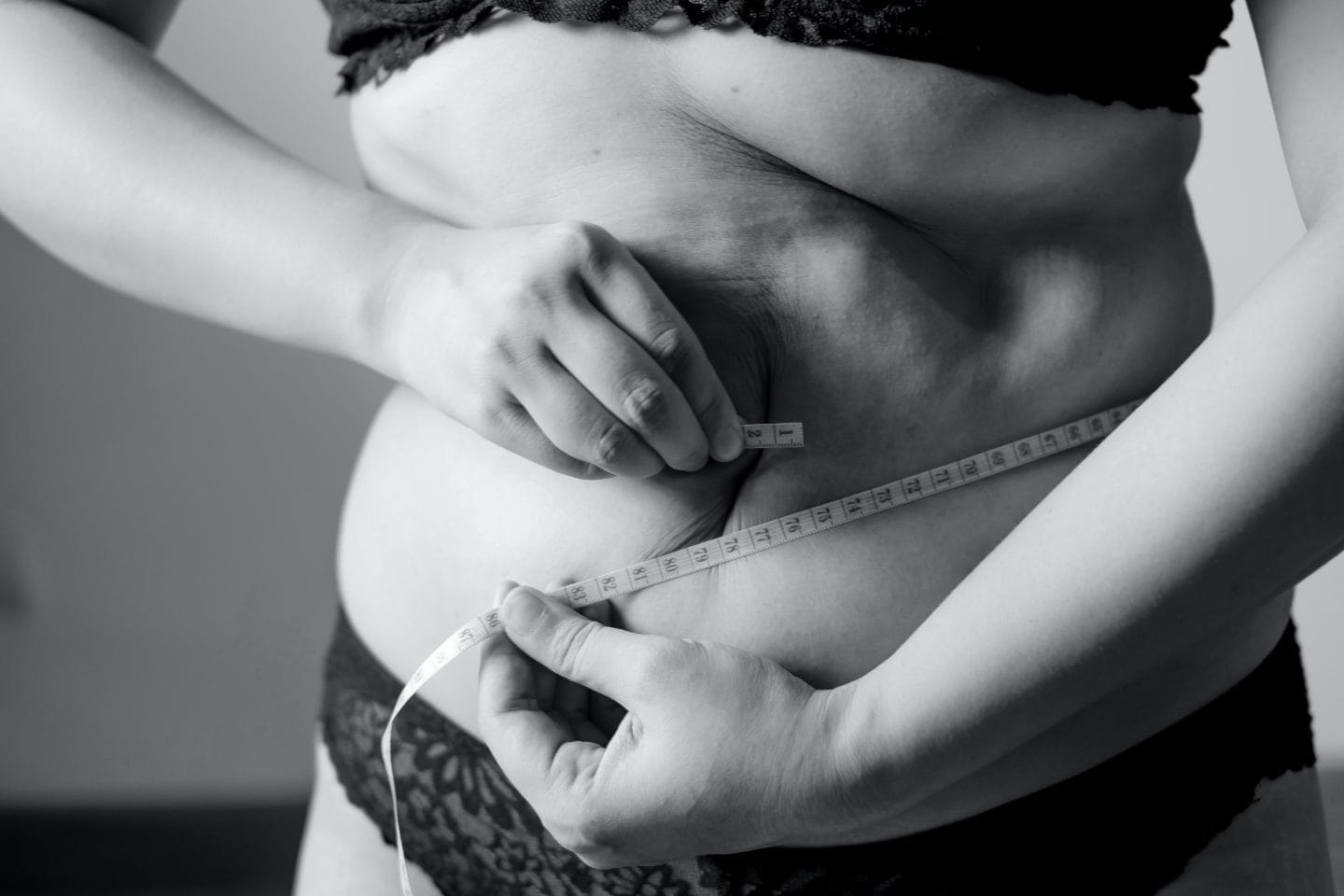
Long-term followers of this blog will know that I have tried every weight loss method, gimmick and fad out there. Some I have tried specifically for research purposes for this blog, and others I have dabbled in purely through desperation. I get asked a lot about how to lose weight with intermittent fasting and what my views are on it, so I’ve correlated my experience and opinions along with some facts and information in this blog post for anyone interested.
How To Lose Weight With Intermittent Fasting – My Experience
In recent years, intermittent fasting has gained significant popularity as an effective approach to losing weight. I talk a lot here on this blog about weight loss, and I get asked frequently how to lose weight with intermittent fasting. I have tried intermittent fasting myself on two occasions a couple of years ago. I was introduced to it upon meeting someone who had experienced significant weight loss through that method. I am interested immediately if I see someone succeed with a weight loss method. I think the best kinds of recommendations for weight loss are through people who have actually lost weight. That’s one of the reasons I hate Slimming World groups – being told how to lose weight by a consultant who often hasn’t had that much success with the plan themselves! Anyway, we move.
After meeting this person and getting all of the information, I decided to give intermittent fasting a try. I am a very impulsive – all-or-nothing person, so this plan seemed to suit my lifestyle well. I’m a ‘once you pop, you just can’t stop’ kind of person, so as soon as I start eating, I often lack the control to prevent binge eating. However, if I miss breakfast, I can often last much longer, so I was keen to give intermittent fasting a go.
The Positives
I found intermittent fasting quite successful, and I lost a good amount of weight in a short amount of time with little effort. I didn’t find it hard to stick to, and even if I felt hungry before, it was time to break the fast; knowing you can eat when the timer ends helps. I also found that the window to eat was much smaller, so there was little room to overeat, and if you eat a meal, you feel more than satisfied.
Related Post: FREE Printables & Resources to Lose Weight
I liked that the foods weren’t restrictive. Although, you need to make sure you are eating foods that are nutritionally dense. During the eating portion of the day, if you fill up on foods that are of no benefit to the body, it will make fasting much harder and will have an impact on your energy and overall feeling of well-being. It was good not having to weigh or measure out ingredients or feel the need to categorise foods into good or bad!
Surprisingly I found the actual fasting part easy. I think I work well with boundaries and less restriction over the amount and type of food I can consume. For the first couple of days, I felt hungry, and my stomach rumbled, but before long, I fell nicely into the routine.
The Negatives
The negatives, however, were that although this was ideal during lockdown, where I was confined to my home when normality resumed, I found it quite hard to fit into my lifestyle. I enjoy eating out at restaurants and socialising with friends. It was difficult to line the timer up so I could still enjoy these things whilst also sticking to the fasting. For that reason, this was something that was never going to work for me long term, but I do know many people that this type of plan works for without hindrance.
Food is a huge part of socialising for me – it’s something we do as a way of connecting. I didn’t want to sacrifice being able to attend these events, and it would be awkward for both me and my company if I turned up and didn’t eat. For me personally, I have found calorie counting – where you restrict calories instead of time a much easy method to do alongside my lifestyle.
This would definitely be a method I would try again, but it is certainly more suited to my younger days when I didn’t have a family or much in the way of a social life. When you are cooking meals for young children, it can be a hard plan to stick to, and I think this is why I found it much easier in lockdown.
What is Intermittent Fasting
If you want to learn how to lose weight with intermittent fasting, you must first learn what intermittent fasting is. Essentially it is cycling between periods of eating and fasting, and it has garnered attention for its promising results and potential health benefits. Officially it isn’t called a diet but rather an eating pattern that can help you lose weight. It does not prescribe specific foods to eat but rather focuses on when to eat them, making it an effective method to lose weight. There are several common methods to lose weight with intermittent fasting, each with its own unique approach:
- The 16/8 Method: This involves fasting for 16 hours a day and restricting eating to an 8-hour window, such as 12 PM to 8 PM – One of the most popular ways to lose weight with intermittent fasting and the method I chose.
- The 5:2 Method: With this approach, you eat normally for five days a week and consume very few calories (around 500-600) on the remaining two non-consecutive days, aiding weight loss with intermittent fasting. This is great for anyone not wanting to fully fast for hours at a time.
- The Eat-Stop-Eat Method: This method requires you to fast for a full 24 hours once or twice a week. Much harder to commit to but works for lots of different lifestyles.
- Alternate-Day Fasting: As the name suggests, you alternate between fasting days and regular eating days, facilitating weight loss through intermittent fasting.
How Intermittent Fasting Aids Weight Loss
Intermittent fasting affects the body in various ways, making it an effective tool to lose weight with intermittent fasting:
- Impact on Insulin Levels and Fat Burning: By extending periods of fasting, intermittent fasting can lead to lower insulin levels, promoting the breakdown of stored fat for energy and aiding weight loss with intermittent fasting.
- Metabolic Benefits: Intermittent fasting can boost metabolism and increase the number of calories burned during fasting periods, contributing to weight loss through intermittent fasting.
- Appetite Regulation: Intermittent fasting can help regulate hunger hormones, potentially leading to reduced calorie intake and weight loss with intermittent fasting.
- Calorie Reduction. Reducing the hours you can consume food reduces the calorie intake overall.
Getting Started
Before starting any new eating pattern to lose weight with intermittent fasting, it’s essential to consult with a healthcare professional, especially if you have any underlying health conditions or concerns about losing weight with intermittent fasting. I say this about all weight loss methods, but intermittent fasting is definitely one you shouldn’t start without first speaking with an appropriate health advisor. Not everyone should try this method of weight loss, and it can be dangerous for people with certain health conditions.
Once you get the green light, follow these steps to kickstart your intermittent fasting journey for weight loss with intermittent fasting:
- Choose the Right Method: Select an intermittent fasting method that aligns with your lifestyle and preferences for losing weight with intermittent fasting. Start easy and increase the period of fasting.
- Set Realistic Weight Loss Goals: Be honest about your weight loss objectives and set achievable milestones to track your progress in losing weight with intermittent fasting.
- Establish a Fasting Schedule: Plan your fasting and eating periods, ensuring they fit seamlessly into your daily routine, supporting you to lose weight with intermittent fasting.
- Easing into Intermittent Fasting: If you’re new to fasting, consider gradually increasing the fasting window to allow your body to adapt to losing weight with intermittent fasting.
Complementing Intermittent Fasting with a Balanced Diet
Intermittent fasting is most effective when combined with a balanced and nutritious diet to lose weight with intermittent fasting. It is no good coming off a fast and binge eating loads of unhealthy junk food. You will feel sluggish and lethargic at best and overall quite ill at worst. Remember these key points when structuring your meals:
- Importance of a Nutritious Diet: Focus on whole, nutrient-dense foods like fruits, vegetables, lean proteins, and healthy fats to lose weight with intermittent fasting.
- Understanding Macronutrients and Portion Control: Monitor your macronutrient intake (carbohydrates, proteins, and fats) and practice portion control to maintain a calorie deficit for weight loss with intermittent fasting.
- Incorporating Whole Foods: Minimise processed foods, sugary beverages, foods high in sodium and unhealthy snacks that can hinder your weight loss progress with intermittent fasting.
- Hydration: Stay hydrated throughout the day, as thirst can sometimes be mistaken for hunger during fasting periods, supporting your efforts to lose weight with intermittent fasting.
Intermittent Fasting and Exercise
Regular physical activity is crucial for overall health and to lose weight with intermittent fasting. When incorporating exercise into your intermittent fasting routine:
- Choose Suitable Exercises: Opt for activities that you enjoy and can sustain during fasting periods, such as brisk walking, yoga, or strength training – all contributing to losing weight with intermittent fasting. It is dangerous to try and tackle too much during a fast. Remember, health has to come first.
- Pre- and Post-Workout Nutrition: Consume balanced meals before and after workouts to fuel your body adequately and aid in muscle recovery during your intermittent fasting to lose weight.
Overcoming Challenges and Staying Consistent
This certainly isn’t the easiest way to lose weight, and it may present some challenges initially, but with perseverance, you can overcome them while losing weight with intermittent fasting:
- Dealing with Hunger Pangs and Cravings: Stay hydrated, keep busy, and consume filling foods during eating windows to manage hunger while losing weight with intermittent fasting. Start with a smaller fasting window at first to make it easier.
- Strategies for Social Events and Dining Out: Plan ahead and make mindful choices when dining out to stay on track with losing weight through intermittent fasting.
- Avoiding Common Mistakes: Learn from potential slip-ups and avoid common mistakes, such as overeating during eating windows or neglecting proper nutrition while losing weight with intermittent fasting.
- Tracking Progress and Staying Motivated: Keep a journal to monitor your progress, log your food intake, celebrate achievements, and stay motivated throughout.
Addressing Health Concerns and Safety Measures
While intermittent fasting can be beneficial for many in losing weight, it may not be suitable for everyone. As I have said above, speak to a healthcare professional in advance before undertaking this method. If you have certain health conditions or concerns, then intermittent fasting to lose weight may not be appropriate. If you are pregnant, breastfeeding, or you have or have in the past suffered from an eating disorder or other medical condition, you may need to avoid intermittent fasting to lose weight. The only person who can give advice under these circumstances is a medical professional.
Related Post: When & How Often Should You Weigh Yourself
Monitoring Your Health
Throughout your intermittent fasting journey to lose weight, listen to your body and pay attention to any signs of fatigue, dizziness, or discomfort. You should not be undertaking anything that has an adverse effect on your health. If you experience adverse effects, consult your healthcare professional promptly and at any point during your weight loss journey with intermittent fasting.
Related Post: Cheat Days – Are They OK?
Frequently Asked Questions (FAQs)
Here are some of the FAQs I get around intermittent fasting to lose weight. I am not a fasting expert, but these are my views on these questions.
Q1: Is intermittent fasting safe for everyone looking to lose weight with intermittent fasting? No, not everyone is suited to intermittent fasting, and caution should be taken, especially for those that have underlying health conditions. As always, speak to a medical professional before starting any weight loss journey.
Q2: Can I drink water during fasting periods while losing weight with intermittent fasting? Yes, and you absolutely should! Staying hydrated is essential for anyone wanting to lose weight with intermittent fasting.
Q3: How long does it take to see results with intermittent fasting for losing weight? As with all weight loss plans, this is unique and individual to each person. This is not an overnight weight loss cure – they don’t exist.
Q4: Can I continue intermittent fasting after reaching my weight loss goal? Intermittent fasting is not just for weight loss. Lots of people use it as part of their day-to-day lifestyle. If you have spoken with a healthcare provider and there is no reason why you can’t continue intermittent fasting, there is no reason why you would need to stop.
In Conclusion
If you want to lose weight with intermittent fasting and you have no health conditions or concerns after speaking with a healthcare provider, then it can be a great way to lose weight. My honest opinion from researching and trying the method myself is that many other ways to lose weight are much easier. Intermittent fasting relies on lots of different factors coming into play, great research into the nutritional content of the food you eat, and it is restrictive from a time point of view. I don’t think it is necessary to fast to lose weight, and although there are additional health benefits supposedly, I personally didn’t notice any. That being said, I do know many people that swear by this method to not only lose weight but feel good in their bodies. I’m not sure I fit into that category, but maybe you do. Weight loss is an independent and unique journey, and everyone’s experience is personal.
If you want further support and company on your weight loss journey, join my free Facebook Group here. Oh and If you have found this website and articles useful and you’d like to know how you can say thank you, then I am always appreciative to receive a virtual coffee here.
Thank you for stopping by! Check out my last post here.
Love as always!
 More From Me
More From Me
Want to find out more about me? Head over to this page. If you like reading posts like this then you might want to follow me over on Bloglovin. Don’t forget you can find me on Instagram, Facebook, Twitter & YouTube.
As always words, views and opinions are honest and my own. Links marked with “*” are affiliate links. This does not cost you anything additional but it may mean I earn a small percentage from any sales. For more information about any of this please head over to this page.





